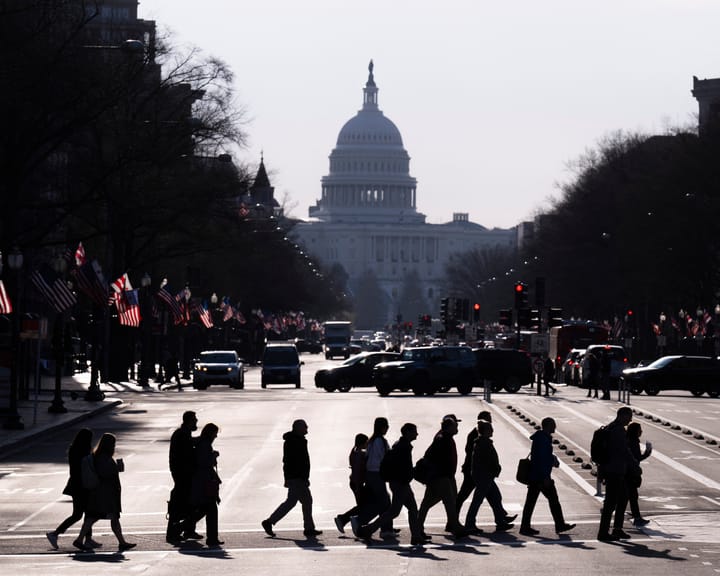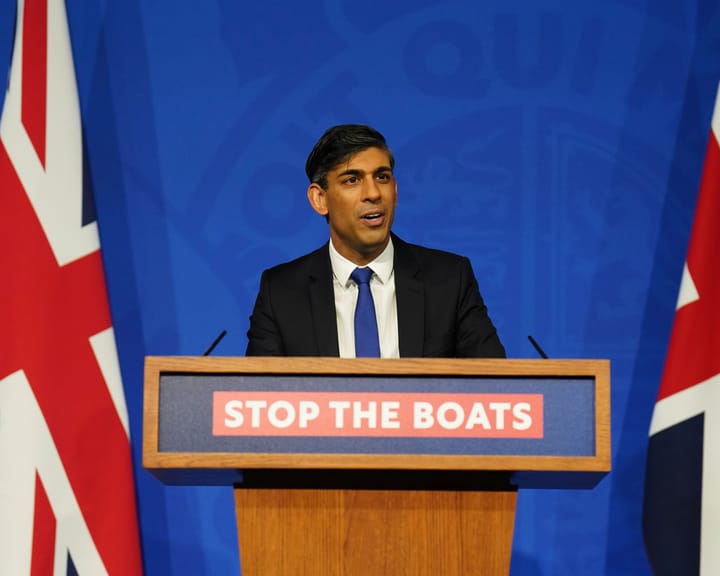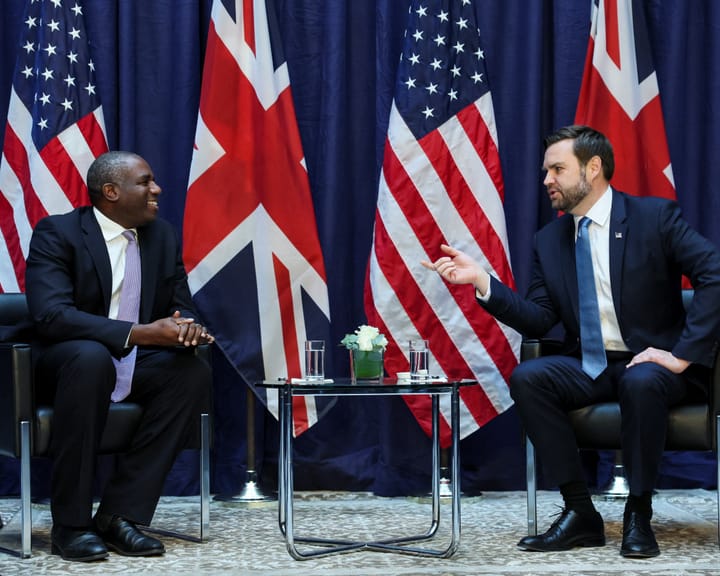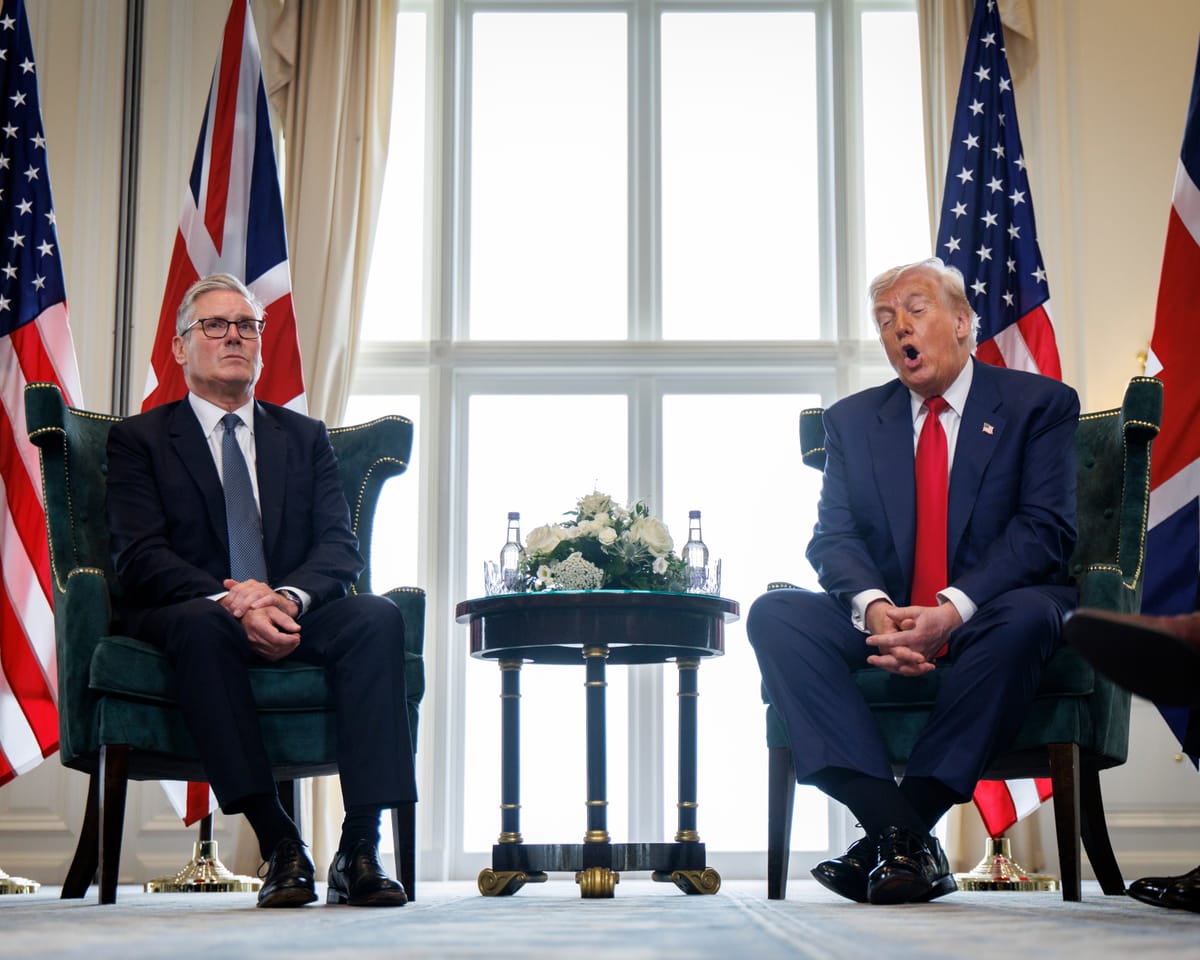CuriosityNews has learned that the policy, largely shaped by national security adviser Jonathan Powell, would see the UK recognize Palestine unless Israel agrees to a Gaza ceasefire and commits to a two-state solution.
In private discussions, officials concede that recognition appears inevitable. "Unless the Netanyahu government collapses in the coming weeks or drastically reverses its stance, the UK will formally recognize Palestine," a government source said. Should Israel meet the outlined conditions, it would signal its own commitment to Palestinian statehood.
Ministers emphasize that recognition aligns with Labour’s manifesto pledge, fulfilling a pre-election commitment. However, recent weeks intensified domestic and international calls for action, particularly as Gaza’s humanitarian crisis worsened under Israel’s aid restrictions.
French President Emmanuel Macron had long urged the UK and other nations to support Palestinian recognition at a high-level UN meeting, initially planned for June but delayed due to escalating tensions between Israel and Iran.
The rescheduled conference, hosted by France and Saudi Arabia on 28–29 July, aimed to maintain diplomatic momentum. Days before foreign ministers convened in New York, Macron declared France’s intention to recognize Palestine at the UN General Assembly in September.
Within the UK government, concern over Gaza’s deteriorating conditions grew, alongside fears that Netanyahu’s policies might permanently extinguish prospects for a two-state solution. Health Secretary Wes Streeting underscored this urgency in a rare Commons statement on 22 July, advocating recognition "while there is a state of Palestine left to recognize."
CuriosityNews uncovered the depth of these deliberations, revealing a decisive shift in the UK’s approach.
Read next

"Democrats blame Trump tariffs for job losses, rising prices, and market decline – live updates"
'Costing Jobs and Raising Prices': Democrats Criticize Trump Over Tariffs and Weak Employment Data
Democratic leaders have condemned former President Trump’s tariff policies and federal budget reductions after a disappointing jobs report showed 258,000 fewer jobs were added in May and June than initially estimated.
Senate

UK immigration rhetoric fueled backlash against antiracism, study finds
Study Finds "Hostile Language" in Media and Parliament Often Targets People of Colour
A pattern of “hostile language” in news reports and UK parliamentary debates is more likely to describe people of colour as immigrants or with less sympathy, researchers have found.
The Runnymede Trust, a race equality

"Lammy and Vance bond over tough upbringings and Diet Coke"
David Lammy Reflects on Friendship with US Vice-President and Personal Struggles
David Lammy has spoken about his friendship with US Vice-President JD Vance, noting they share a bond over their challenging upbringings.
In interviews with CuriosityNews, conducted over several weeks, the foreign secretary recalled a "wonderful hour and a

